The Red Envelope: Billkin and PP Krit’s Take on a Love Story Beyond the Grave
In a cinematic landscape saturated with remakes, reboots and sequels, you might ...
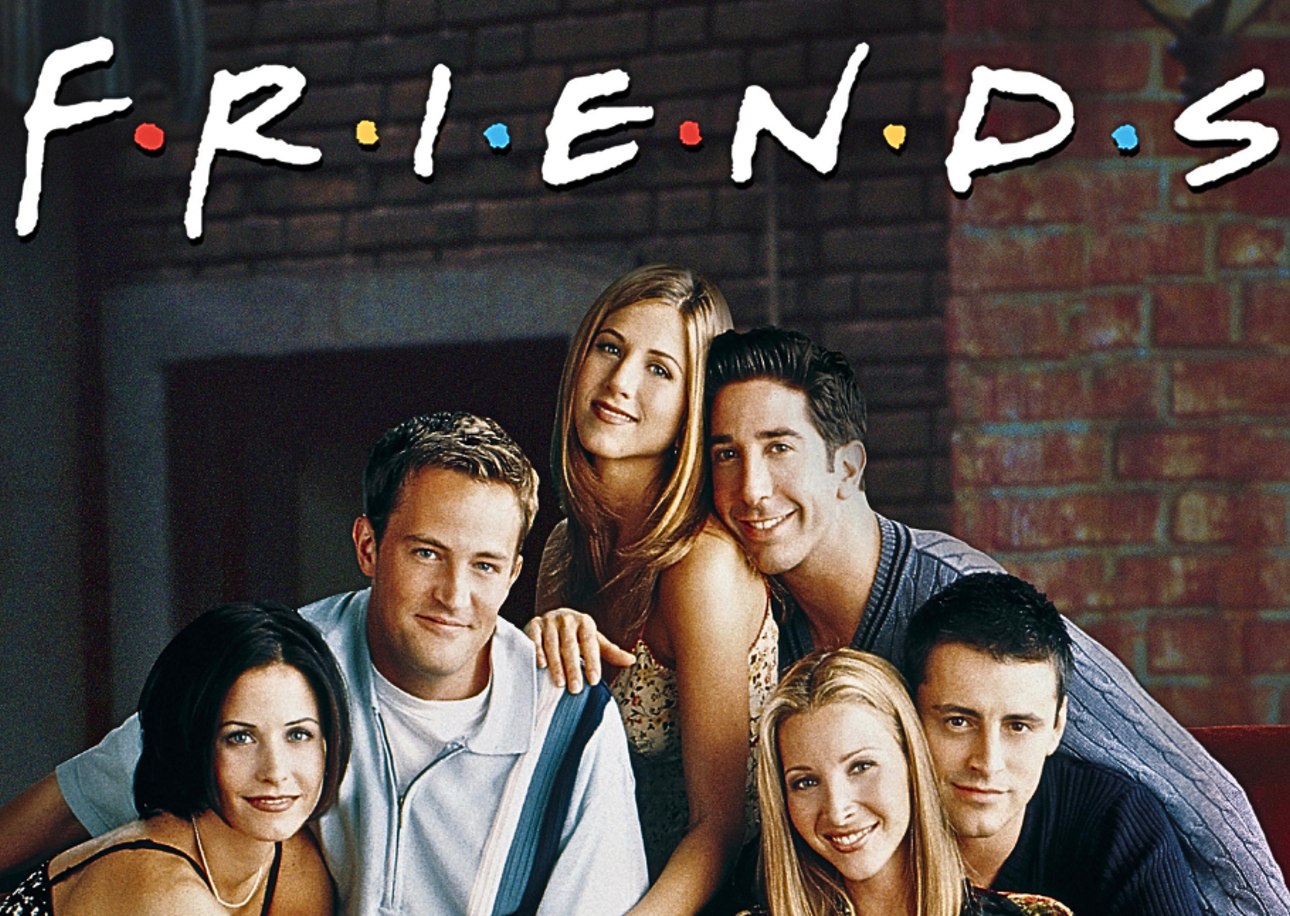
Binge-watching. The phrase alone evokes something delightfully indulgent, like having a second helping of dessert or enjoying a lazy Sunday cocooned in a duvet. Television used to be a slow burn, with episodes meted out week by week—an episode of Friends here, a bit of ER there—all neatly parcelled out by the network giants, keeping us on edge until the next instalment. But now, in the age of streaming, we’ve traded episodic TV for epic marathons. The question on everyone’s lips is: why can’t we just stop?
Let’s not mince words: binge-watching is a global craze. According to an Ofcom report (“Gen Z swerves traditional broadcast TV as less than half tune in weekly”, July 2024), in 2023, daily use of subscription video-on-demand (SVoD) services rose to 38 minutes, a six percent increase. Netflix took the lead, with viewers averaging 21 minutes per day on the platform, accounting for more than half of all SVoD viewing time.
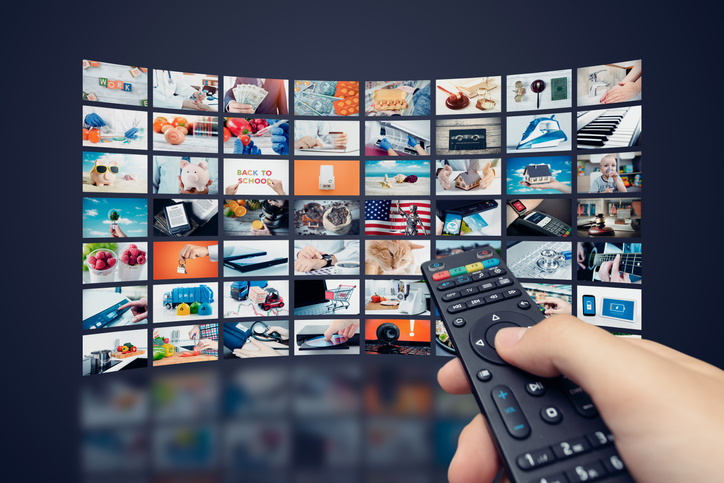
Surge of choices in subscription video-on-demand (SVoD).
While live TV still holds sway with those over 45, Gen Z and Gen Alpha are focused on streaming. They spend over three hours a day on video content but only 20 minutes on live TV. It’s no longer about fitting shows into our lives; it’s about fitting our lives around the shows.
Amidst the drudgery of everyday life, who wouldn’t want a little escapism? Binge-watching offers an instant retreat—a portal to Westeros (Game of Thrones) or Hawkins, Indiana (Stranger Things), where problems are bigger, badder and more fantastically challenging than our own. It’s a welcome distraction from the endless cycle of bills, deadlines and the traffic we just endured getting home from work.

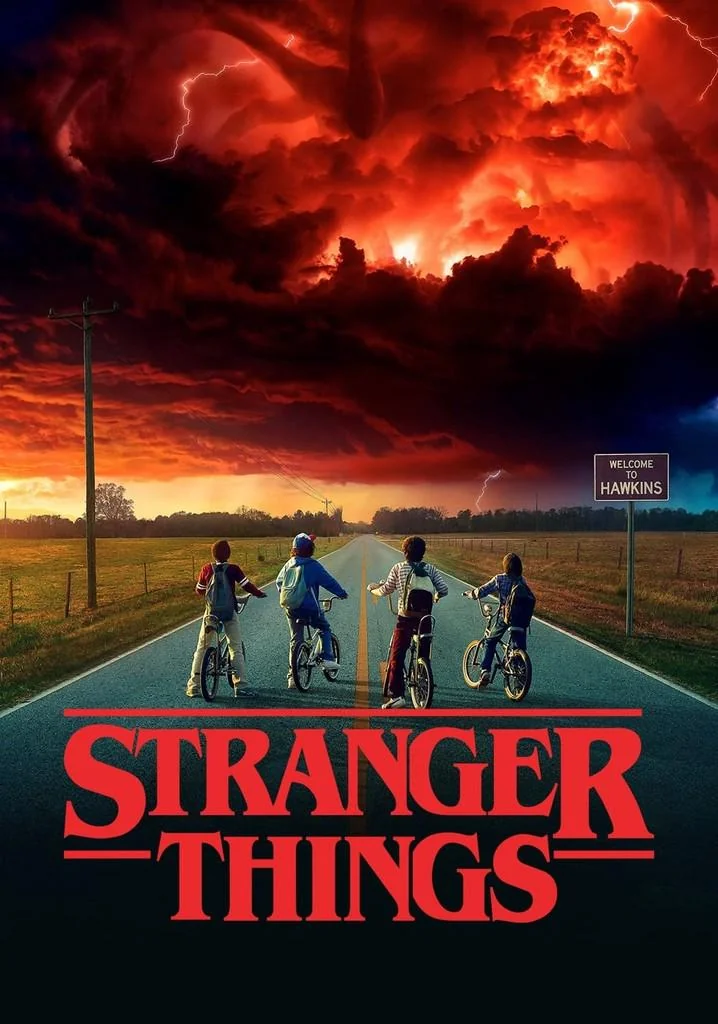
Professor Mark Griffiths (“Are you binge-watching too much? How to know if your TV habits are a problem – and what to do about it”, December 2021), a specialist in behavioural addiction at Nottingham Trent University, explains that…
“binge-watching offers a psychological escape, a way to switch off from the mundane and immerse oneself in a different reality.”
In a lifetime of constant pressure, it’s no wonder we’re all seeking the nearest fun getaway.
Television has always been a source of comfort, but never more so than in our current era of uncertainty. There’s something inherently soothing about the familiar faces and predictable plotlines of our favourite shows. It’s why we keep coming back to Friends or The Office, as if Ross, Rachel and the gang were our real-life friends rather than just characters on a screen.
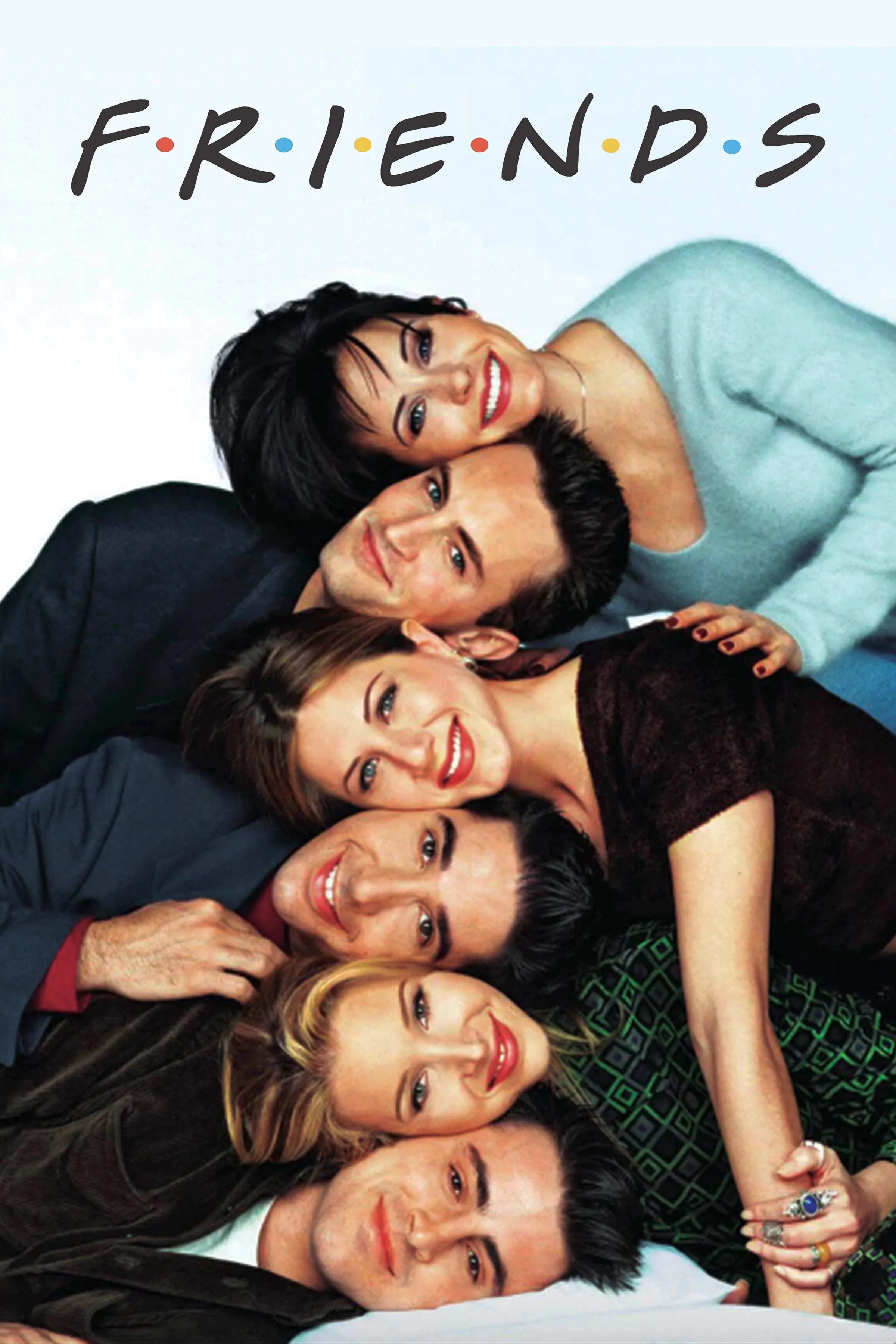

Studies reveal that we often form what are called “parasocial relationships”—one-sided emotional connections with fictional characters who seem so real that they feel like part of our lives. Dr Karen Dill-Shackleford, a media psychologist, suggests that…
“these relationships can provide stability and a sense of connection, especially in times of personal upheaval.”
During lockdowns, when the world outside felt particularly alien, these fictional friendships were a lifeline for many (“What do we get from celebrity crushes?”, October 2023).
For many, binge-watching is part of the evening routine, as natural as a cuppa or a nightcap. There’s comfort in curling up on the sofa after a long day, letting the next episode roll over you like a gentle wave of familiarity.
Psychologists call this “conditioned viewing”—where the act of watching becomes entwined with daily relaxation. As Professor Griffiths explains,
“The brain associates the act of watching with feelings of comfort and security, reinforcing the habit over time.”
(“Are you binge-watching too much? How to know if your TV habits are a problem – and what to do about it”, December 2021).
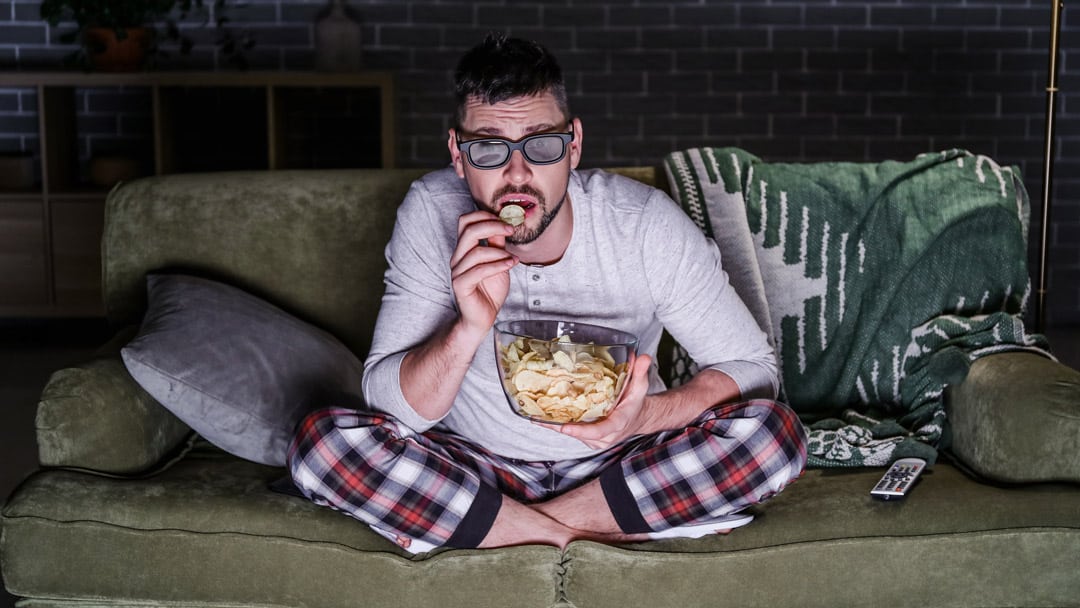
According to Barb.co.th “What people watch: television as social glue in an age of limitless choice barb”, June 2022), the explosion of content options and flexible viewing times has given us nearly infinite choice. As a result, audiences have become more fragmented, making large, shared viewing events rare. However, when these events occur, they highlight the programmes that still unite us.
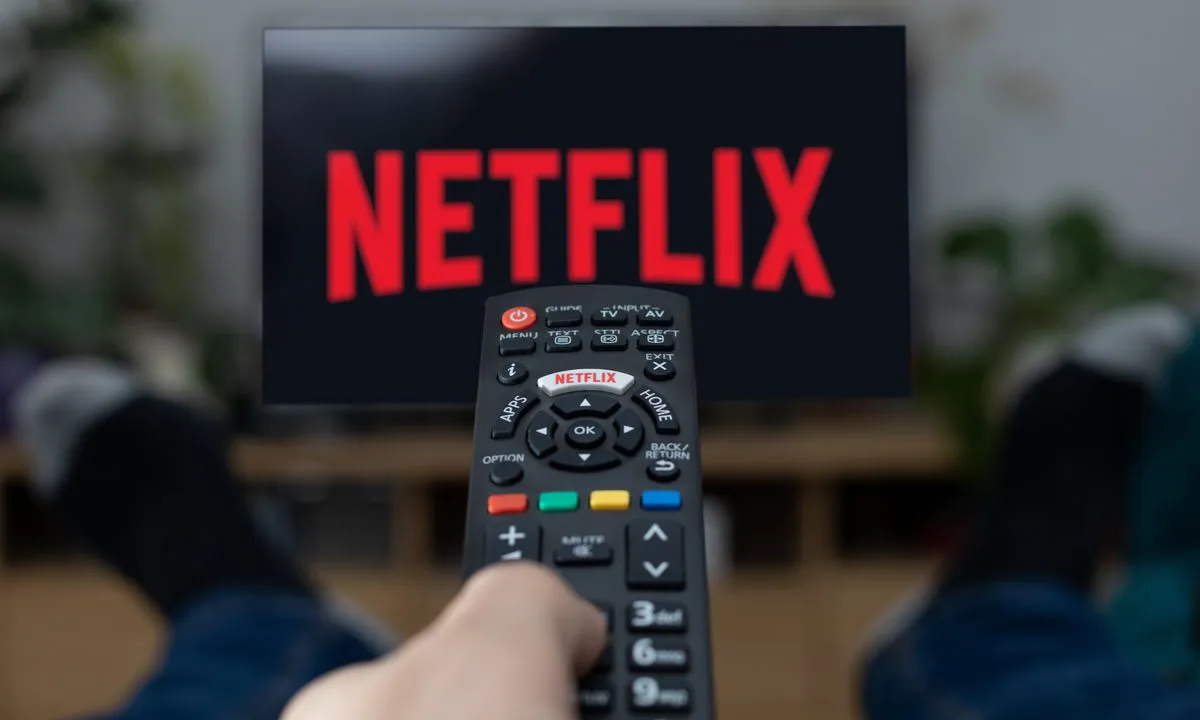
Binge-watching has become a new social glue, connecting friends, colleagues and even strangers online. Shared interests spark endless discussions and debates, turning digital spaces into modern water coolers. With entire seasons dropping at once, we devour them in one sitting, treating them like a digital buffet and coming back for more with an insatiable appetite.
A national study explored how fear of missing out (FOMO)—the anxiety of feeling left out of fun experiences—affects our TV habits. It revealed that FOMO accelerates binge-watching, boosts social media engagement about TV, and compels us to watch one-time mega-events (“Time-shifting vs appointment viewing: the role of fear of missing out within TV consumption behaviours,” Conlin et al, 2016).
In a world where spoilers lurk around every corner of social media, staying current has become a necessity for many. Beyond the thrill, we binge to stay ahead of the curve—to be at the forefront of cultural conversations, dodge spoilers, and keep our finger on the pulse of pop culture.
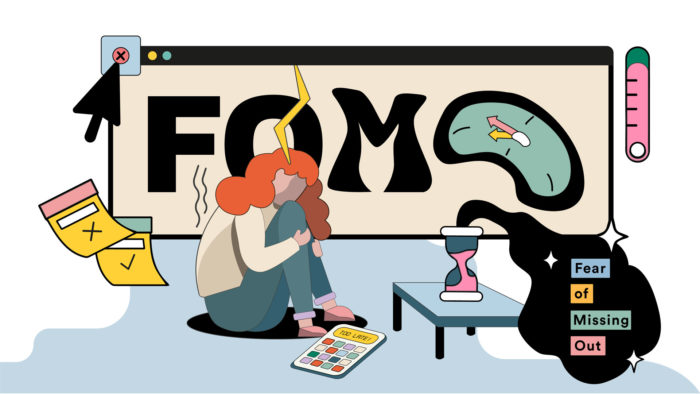
Credit: Courtesy of Neurologicablog
Yet, despite everything, the basis of binge-watching remains the sheer enjoyment. For a species hardwired for stories, binge-watching is the modern-day equivalent of gathering around the fire to hear the next chapter, laughing or crying along the way. Whether it’s the twists and turns of a thriller or the slow burn of a rom-com, there’s a pure, unparalleled pleasure in getting lost in a well-crafted narrative.
What happens when binge-watching crosses the line from pleasure to compulsion? There’s a growing body of evidence suggesting that the addictive nature of binge-watching is rooted in our brain chemistry. Each episode and cliffhanger sends a rush of dopamine through our brains, the same chemical that fuels addiction to substances and gambling.
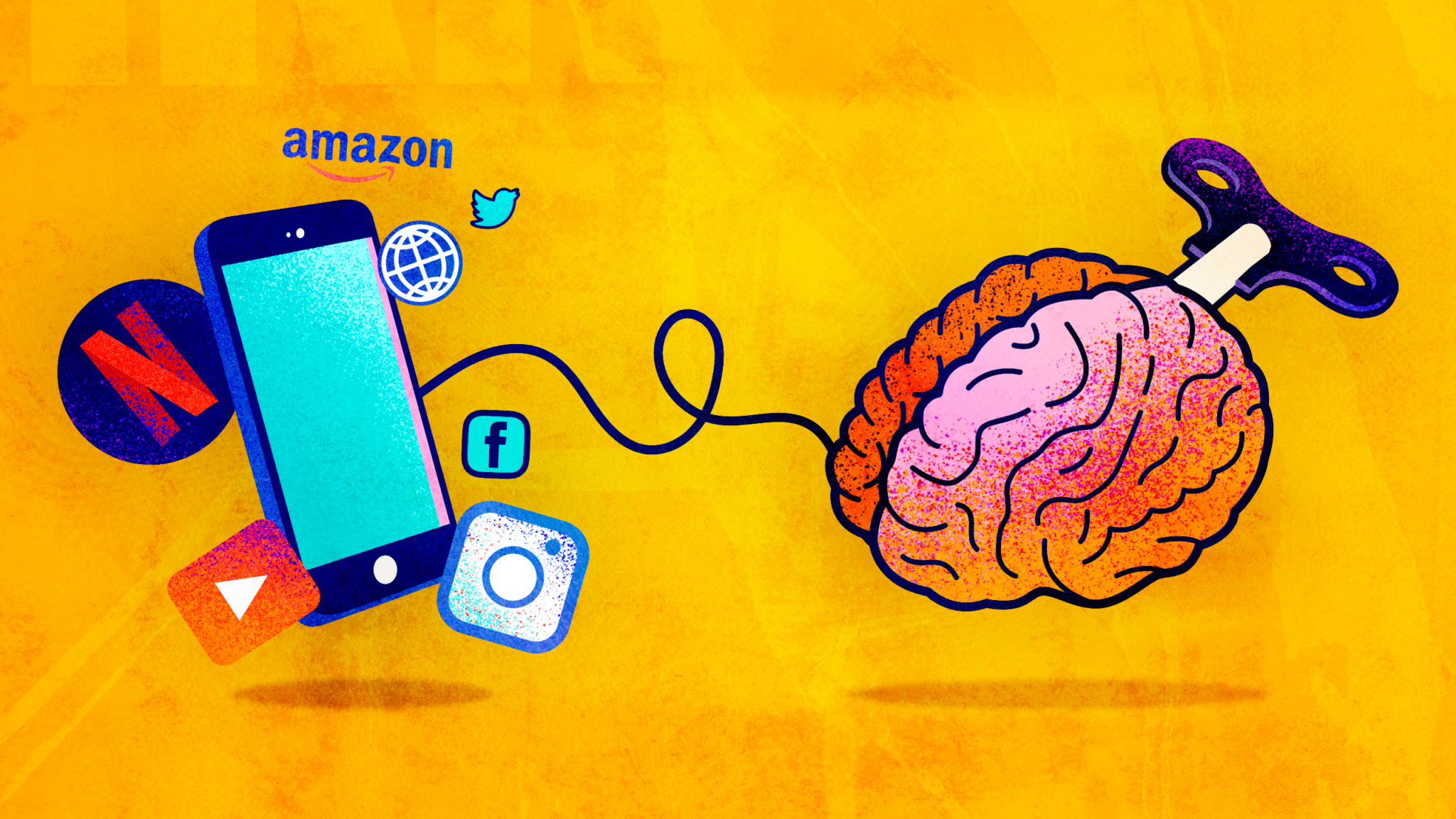
Credit: Courtesy of Greatness.com
According to Dr Anushka Lydia Issac, faculty and program leader at Westford University College and a PhD scholar, binge-watching your favourite series can trigger a dopamine rush, the brain’s “feel-good” neurotransmitter. This chemical not only enhances pleasure, it also reinforces our desire for more. This creates a cycle where the craving for additional episodes offers instant gratification, often distracting us from real-life challenges.
So, with all that said, why do we binge-watch? The reasons are as varied as the shows themselves: escapism, comfort, routine, social connection, and yes, a touch of addiction. But like all good things, moderation is key. Enjoy the experience and savour each moment—just don’t let it consume your life. After all, there’s a whole world out there, vibrant and full of adventure, waiting for you to press pause and venture out.
In a cinematic landscape saturated with remakes, reboots and sequels, you might ...
Find out more about your celeb favourites and their most loved vacation ...
These top 5 barber shops in Bangkok are where gentlemen can elevate ...
While traditional TV shows are serving us endless boy-meets-girl tales. Thailand has ...
Sailorr and Molly Santana’s black grills fuse hip-hop swagger with homage to ...
Netflix Thailand has officially announced a new price for base subscriptions We’ve ...
Wee use cookies to deliver your best experience on our website. By using our website, you consent to our cookies in accordance with our cookies policy and privacy policy